Europe
From the fall of Napoleon to Revolution in Russia and from the rise of Hitler to the fall of the Berlin Wall this period is one of major upheaval in Europe. We see the collapse of monarchies and empires and the changing status of women and working men. This is a time that witnesses the mass displacement of peoples and genocide on a scale never seen before it is also a time that sees changes in medicine and technology that make fundamental changes to our everyday lives. Read more
Sort by:
Date (Newest first) | Title A-Z
Show:
All |
Articles |
Podcasts |
Multipage Articles
-

German universities under the Nazis
ArticleClick to view -

Germany 1914-1929: Discussion
ArticleClick to view -

History Abridged: The Berlin Conference 1884–1885
ArticleClick to view -
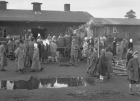
Holocaust Memorial Day
News ItemClick to view -

How Sweden almost became a nuclear-armed state – and why it didn’t
ArticleClick to view -

How damaging to the Nazis was the Shetland Bus between 1940 and 1944?
ArticleClick to view -

How is the source base of the twentieth century different from that of earlier periods?
ArticleClick to view -

Hungarian Nationalism in International Context
ArticleClick to view -

Immigration and the making of British food
ArticleClick to view -
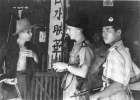
Imperialism resurgent: European attempts to 'recolonise' South East Asia after 1945
ArticleClick to view -
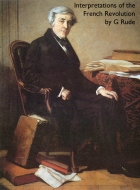
Interpretations of the French Revolution
ArticleClick to view -
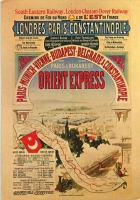
It's Murder On The Orient Express
ArticleClick to view -

Kristallnacht
ArticleClick to view -

Learning from the Aftermath of the Holocaust
ArticleClick to view -

Lecture: German Jews and the First World War
ArticleClick to view -
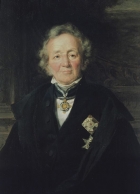
Leopold von Ranke - Pamphlet
ArticleClick to view -
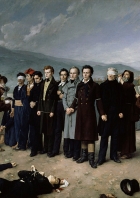
Liberalism in Nineteenth-Century Europe
ArticleClick to view -
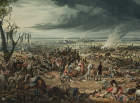
Losing sight of the glory: five centuries of combat surgery
ArticleClick to view -

Louis, John, and William: the 'Dame Europa' pamphlets, 1870-1871
ArticleClick to view -

Medical aspects of the battle of Waterloo
ArticleClick to view

